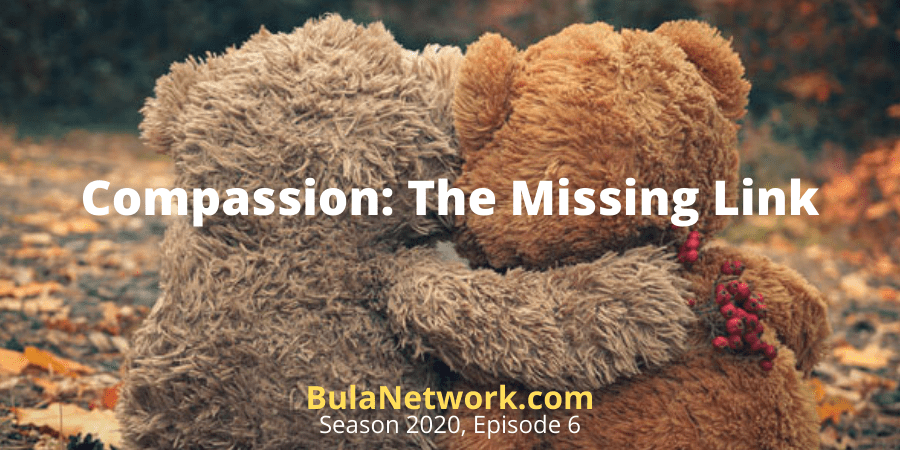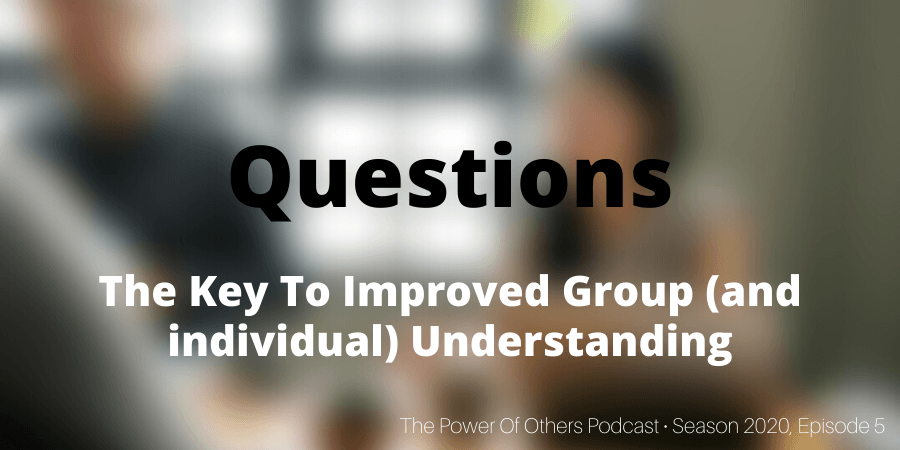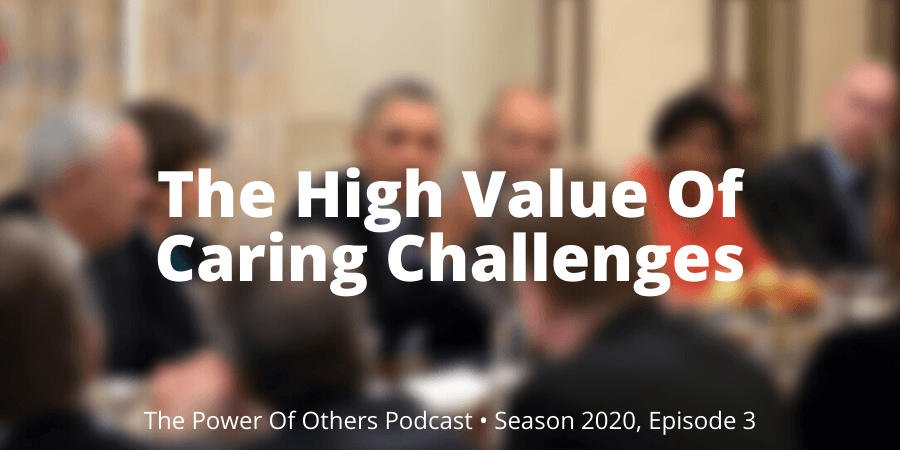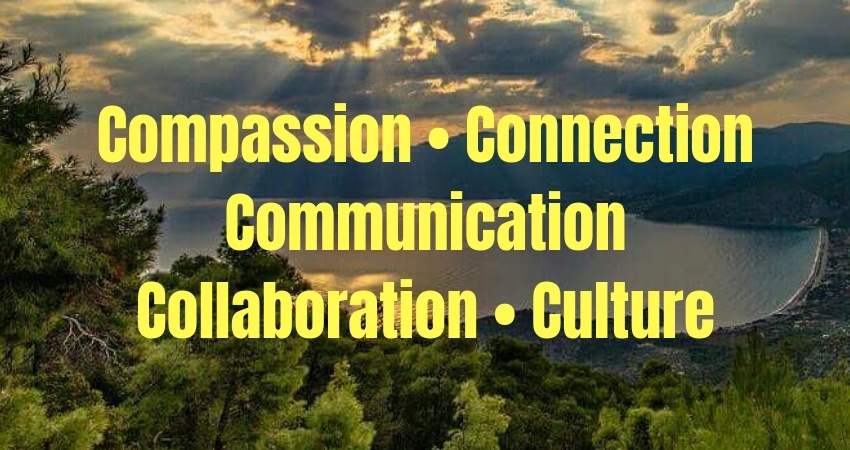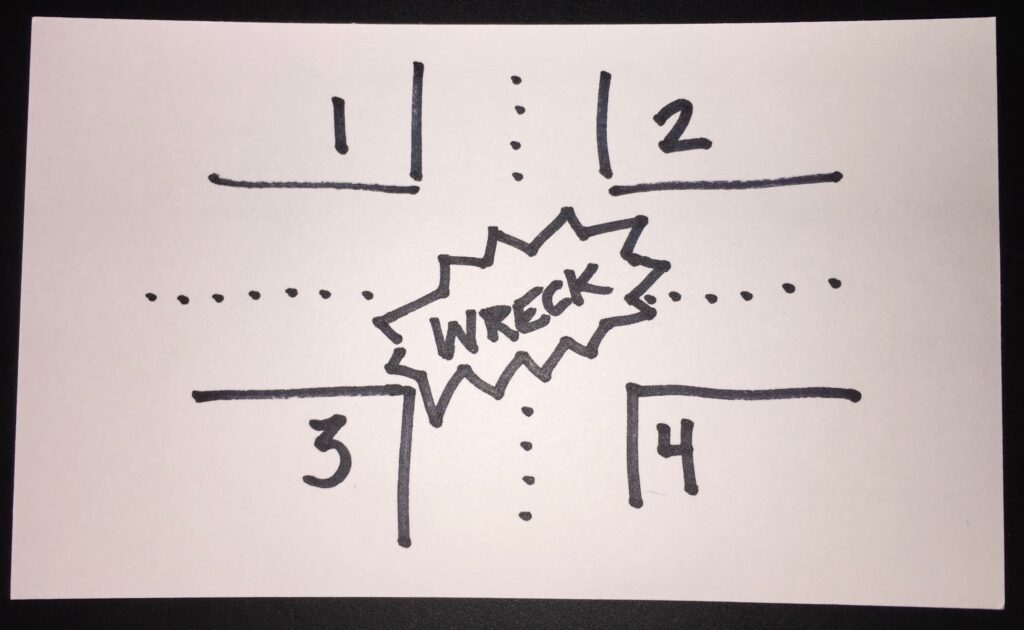Valentine’s Day: Heart Stuff Isn’t Just For Romance – Season 2020, Episode 7
Podcast: Play in new window | Download (Duration: 17:05 — 23.6MB)
Subscribe: Apple Podcasts | Spotify | RSS | More
Happy Valentine’s Day.
I know. An odd thing for business. But not really.
All business is comprised of both head and heart. Well, to be fair and accurate — it’s all head stuff. Brain stuff. That’s where all the heart stuff happens. We tend to think of it in more simplistic terms though. Head is logic. Heart is emotion. It’s not that simple though. Or that binary.
Leadership gaps are often the result of heart stuff. Human relationship stuff. Feelings. Emotions. They can help us make fast progress. Or they can stymie us like quicksand.
So on Valentine’s Day 2020 it feels right – that’s right, it FEELS right – to focus on heart stuff in our work lives.
CEOs need a big heart. So do all top-level leaders. Because without it service doesn’t exist and value isn’t delivered.
Ego and pride can be the most destructive powers against effective leadership. We can believe we’re more important than we really are. Self-importance kicks in and suddenly we discount others around us. Their opinions aren’t nearly as sharp as ours. Their experiences are less relevant. Their ideas are often foolish. Or so we think. All because we’ve inflated our own value and lessened the value of everybody around us. It’s a heart problem that can kill our career (and our organization) every bit as much as a physical heart attack can kill us.
Insecurity. That’s often the culprit of our heart problems. How else might you explain a CEO or top-level leader diminishing others who provide no threat to their position or authority? The urge to be the smartest person in the room can be extraordinarily high in people who hold high positions. Nevermind that nobody in the room presents any kind of clear and present danger to their authority. Nevermind that by opening themselves up to the opinions, insights and experiences of others their leadership “power” could be dramatically enhanced.
The heart frequently experiences fear. And that’s what’s going on here. Fear. Fear of losing the position. Fear of failing. Fear of not being the smartest person. Fear of looking bad. Fear of not being the person who comes up with the answer. Fear of not knowing the answer before anybody else. Fear run amock.
Fear crushes the heart potential of many would-be-exceptional leaders. They don’t know how to manage their fear in productive ways to prevent them from getting in their own – and everybody else’s – way.
This is why I talk so much about compassion. While others enjoy focusing on empathy, compassion is the traction that makes empathy go. Say you have empathy and I have no way to know until or unless I see your compassion. That’s deeply heart stuff. It’s also the stuff of extremely high performing individuals, groups and teams.
Forty-plus years of business experience has taught me that the victories don’t go to the brightest, most educated, most technically savvy, most talented or even the hardest working. No, the victories go to the groups or teams that can leverage the power of the room. Groups and teams led by a leader intent on making everybody in the room better.
It’s not some ego-less leader, but rather it’s a heart-led leader who understands that the people have roadblocks, speedbumps and other obstacles that only he or she can remove because only they have the authority to help the team go faster! How much faster depends on the leader’s willingness to rely on others. The more dependent they are on others, the faster it can all go. That’s how powerful the heart is in business.
Let me leave you with some questions.
What are you afraid of? Why are you so unwilling to listen – carefully listen – to people in your organization or to customers or to suppliers or anybody else who might be able to provide some insights?
Why are you threatened by their input? What do you think they may rob you of?
Today is Friday and it’s Valentine’s Day. People are looking into their hearts for all sort of romantic reasons. And that’s a good thing. But spend some time looking into your heart for reasons that may be dramatically impacting your career — or your leadership.
Dig deep. Look hard at why you’re doing what you’re doing. And why you’re failing to do other things that might benefit you, your team and your organization.
The tagline of the podcast isn’t merely a clever tagline. It’s the truth.
Helping Leaders Make Better Decisions Faster | Helping People Leverage The Power Of Others
Business is all about leverage. We work very hard to gain some leverage. To build momentum. Not in a manipulative way, but in a way that gives us a competitive advantage. We want to win in the market. Winning isn’t easy. It demands effort, but effort that is correctly aimed. And well-executed.
Leaders have no greater leverage than their ability to help others perform better. Not by constraint. Not through tyranny. But through compassion.
So let’s wrap up today’s special episode and this week with a single word. A verb. A heart term. One that can make you a better leader. A better business person. A more accomplished professional.
CARE.
Make up your mind right now to care more about how you’re serving the people around you. Give more. Take less.
Listen more. Talk less.
Open your heart – and your mind – to the viewpoints, insights and opinions of others. It doesn’t mean you have to agree with them, but it means by listening to them you’ll foster within your team the permission they crave to more deeply participate. The ideas will get better. The team’s performance will, too. Along with your leadership.
Be well. Do good. Grow great!
Randy
Valentine’s Day: Heart Stuff Isn’t Just For Romance – Season 2020, Episode 7 Read More »

